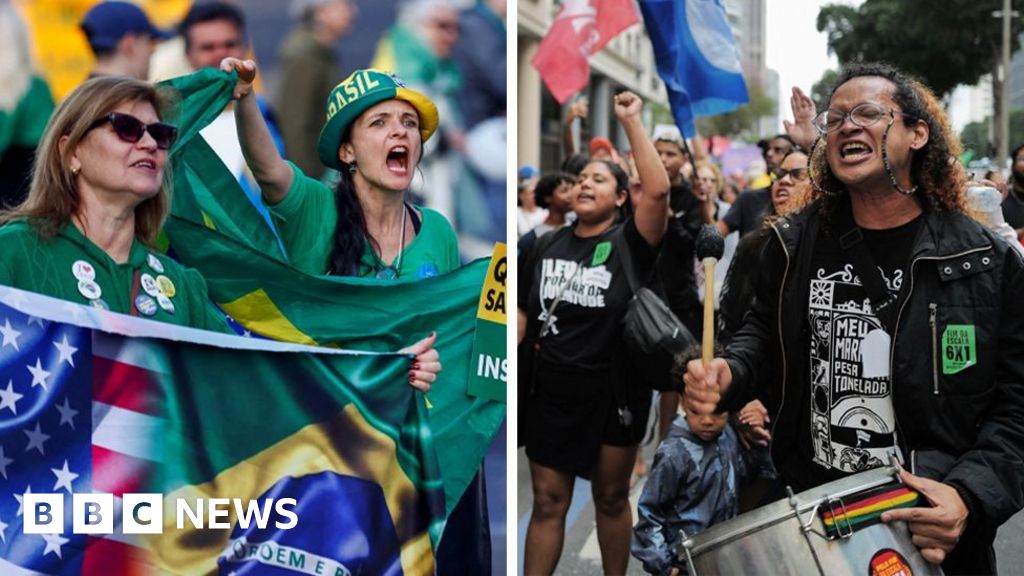Brazilian Supreme Court Begins Delivering Verdicts in Bolsonaro Coup Plot Trial Amid Deep Divisions
Brazilian Supreme Court Begins Delivering Verdicts in Bolsonaro Coup Plot Trial Amid Deep Divisions

Brazil’s Supreme Court has begun delivering its verdicts in the high-stakes coup plot trial of former President Jair Bolsonaro. The proceedings, which commenced on Tuesday, September 9th, have ignited further polarization across the nation, with rival rallies marking the country’s Independence Day just days before the verdicts began.
Bolsonaro stands accused of masterminding a plot to cling to power following his 2022 election loss to left-wing rival Luiz Inácio Lula da Silva. Allegations include proposing a coup to military commanders, knowing of a plot to assassinate President-elect Lula da Silva and Supreme Court Justice Alexandre de Moraes, and inciting supporters to attack government buildings on January 8, 2023, after casting doubt on the electoral system.
The former president vehemently denies the charges, labeling them politically motivated – a view echoed by his supporters and even former US President Donald Trump. Trump has publicly called the trial “political persecution,” imposing tariffs on Brazilian goods and sanctions on Justice Moraes, who is leading the trial. Bolsonaro’s son, Eduardo, has defended these US actions, prioritizing “freedom before the economy,” a stance many Brazilians view as unpatriotic.
The deep societal rifts are evident in the streets, where thousands have gathered for both pro-Bolsonaro and anti-Bolsonaro demonstrations. While some demand “Amnesty!” for the former president and criticize the judiciary, others chant “no amnesty” and “dictatorship, never again,” calling for justice against what they see as a serious threat to Brazil’s young democracy.
The trial has reignited intense debates about the role of the Supreme Court as a guardian of democracy, with critics questioning its expansive powers in investigations and its perceived bias, particularly given Justice Moraes’s dual role as rapporteur and alleged assassination target. Supporters, however, argue the court’s actions are crucial to protect democratic institutions from attempts to subvert them. As justices deliver their verdicts one by one, Brazil remains deeply divided over the legacy and future implications of this landmark case.
Disclaimer: This content is aggregated from public sources online. Please verify information independently. If you believe your rights have been infringed, contact us for removal.